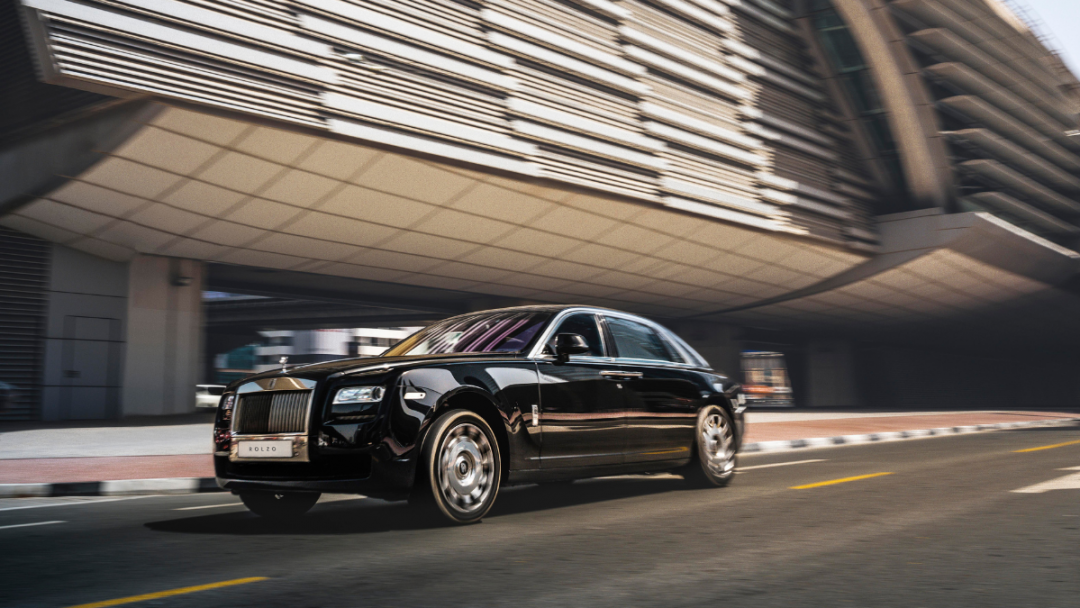The notion of having the freedom to traverse across the globe is prevalent amongst the young generation. With changing tides to the average daily lifestyle, people are finding new avenues to make the most of their travelling experience. Specifically, due to the rise of millennials, their impact on the travel world is unprecedented. The generational shift on perspective and attitude caused many to intrigue on its meaning.
Who are millennials?
Millennials (or Generation Y) are commonly referred to the group of people specifically born between 1981 and 1994/6. Because of their substantial role in society, millennials pose a distinctive nebula of patterns. Bloomberg asserts that millennials make up the largest generation to date, amounting to 31.5% of the world’s population at 7.7 billion. Goldman Sachs identifies Gen Y as a tremendous agent for driving the change of the economy with their unique behaviours and mentalities. They are typically tech-savvy and social media-driven; they often own smartphones and other mobile devices. The U.S. Chamber of Commerce Foundation reports that millennials already spend roughly $200 billion a year on goods and services. Their financial competency and diverse backgrounds demonstrate their ability to reshape how travel works by emphasising more on experiences and cultures. Millennials’ sense of travel is largely derived from social media or user-generated content. According to Condor Ferries, millennials took 5.6 trips per year compared with 4.4 (Gen Z), 4.0 (Gen X), and 3.5 (Boomers). Data also shows that 86% of Gen Y partake on adventures for culture and personal enjoyment – 78% of them wanting their visit to be educational.
The relationship with business travel
Forbes reported back in 2017 that millennials are seeking to harmonise business and pleasure balance. Due to technological advancements and accommodation availability, employed millennials can better stay in touch with colleagues, family and friends. MMGY’s survey shows a wide difference of attitude between generations towards leisure time on business, 73% of Gen Y consider it more important than to Boomers at 46% or Gen X at 56%. Furthermore, millennials rely on apps to book deals and online check-ins. They also tend to wait off marriage later and space out their business travel to pursue it as a lifestyle experience.
Fast forward to 2020, millennials are now making up more than half of the workforce. They account for the largest segment of business travellers. Being a techno-centric generation, millennials commonly book flights and accommodation on mobile. The rise of Airbnb and Uber can be attributed to the large-scale preference by the same group.
“Business travel is constantly evolving, and particularly as millennials join the business travel landscape in droves, their preferences are having a major impact on how business and travel suppliers approach corporate travel,”.
Mike Volpe, CEO of Lola.com
Future travel trends post-COVID-19
Travel industry experts are hopeful that millennials kick-start the travel economy after COVID-19. Alastair Newport of Travel Daily Media argues that travel is a part of the Gen Y’s core identity; Suzanne Sangiovese at Risk & Insurance expects to see an overwhelming demand by the generation once the environment returns to normality. Millennials will probably quiz the health and safety capacity of travelling and their insurance issues.
In the same vein, Gen Y is likely to lead the international travel recovery, with 38% of millennials desiring their wish to travel in 2021. They are also predicted to be the biggest buyers of travel insurance in 2021. As such, a glimmer of optimism shines brightly and vigorously among the sector.



